Written and directed by Jorge M Fontana, ‘Boi’ is a Spanish thriller that follows the story of a man who chauffeurs two mysterious men trying to close a deal. It is a film that despite appearing as a complete structure doesn’t quite come together. You look from a distance and it seems to make sense. But the closer you get, the more distorted it gets and more confused you become. The story rests entirely on a character that we don’t even know if we can trust, after a while. On the surface, the film seems rather simple. But dig a little deeper, and then keep digging! If you haven’t yet seen it, you shouldn’t read any further. Just head over to Netflix.
SPOILERS AHEAD
Summary of the Plot
The film starts with Boi (Bernat Quintana) realising that he is late on the first day of his new job. He is supposed to pick up two Chinese businessmen from the airport and has to serve as their chauffeur for the next couple of days. How difficult could it be to just drive people around? Boi doesn’t want any trouble. He already has a lot on his plate. He hopes that the new job might help solve some of them. But his situation gets riskier as he becomes increasingly indulged in his clients’ shady business.
Who is Simon Albatross?
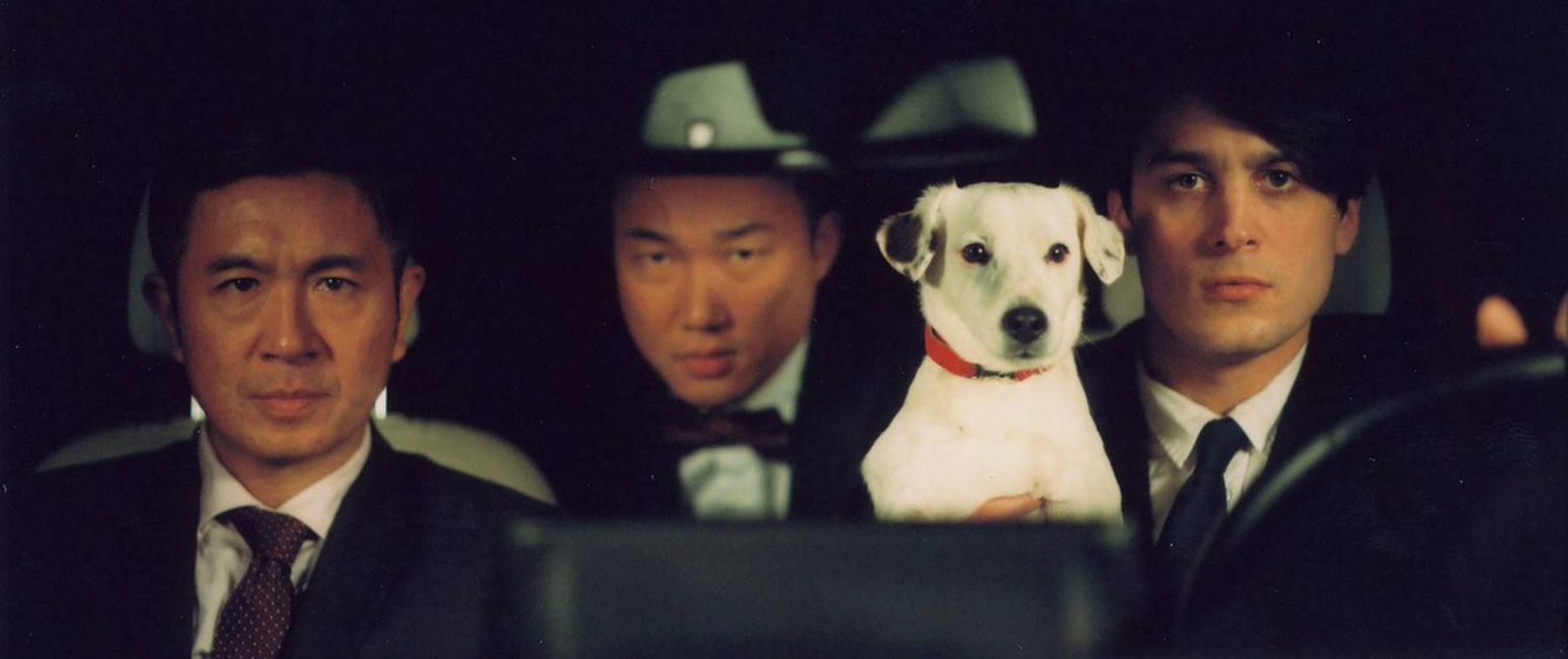
Boi’s job is to receive international clients and chauffeur for them as long as they stay in the city. His first clients are Chinese businessmen, Michael and Gordon. While Gordon seems like an uptight person, Michael is easier to get along with. They are Boi’s first clients, and his lack of experience shows in the way he handles various situations. It doesn’t take much time for Gordon to understand that he is a klutz. He walks into doors, he is never punctual, and he never stays in the place he is told to be at.
Gordon’s perpetually irritated expressions, which are completely justified, show exactly what he thinks of Boi, at least in the first half of the film. Michael, on the other hand, doesn’t consider himself too different from Boi. He even goes as far as to call him the European version of himself. He takes an immediate liking to him and trusts him enough, even when he is a complete stranger. He asks time and again, “can we trust you, Boi?”. However, it never denotes any suspicion on his part. Rather, it feels like the question is supposed to make Boi more conscious of his loyalty towards them- an act that immensely pays off when things go south. As they spend more time together, Michael’s liking for Boi increases and even Gordon melts down after Boi helps him find the hotel where Simon is, even when he could have easily bailed out.
While making their way towards Michael, after they discover he has been taken by Simon’s men, Gordon has a heart-to-heart with Boi. He describes his job as a simple act of punching in numbers and information, which takes most of his time. He wishes he could be more with his family, and wants Boi to sort out his priorities accordingly. As Gordon lets the guard down, we wonder what is a man like him doing in Barcelona, chasing around a mysterious man in odd clubs? Who exactly is this Simon Albatross, and who are Michael and Gordon here for?
There are a number of questions that ‘Boi’ does not answer. The story takes place from the point of view of the protagonist. Hence, we are only privy to the things that he knows about. We see the world through his eyes, so what remains shrouded in mystery is never solved for us either. As he is to make peace with the fact that there are some things that’ll never be answered, so should we. For example, despite knowing who Michael and Gordon are involved with, he never gets to see Simon Albatross with his own eyes. When Gordon asks him to stay back and goes to the private section of the club, the audience also stays back and never finds out what happened in those close quarters. We only get to meet Boi’s clients in parts, and it is from these bits and pieces that we can conjure a rough image of what they are doing in Barcelona.
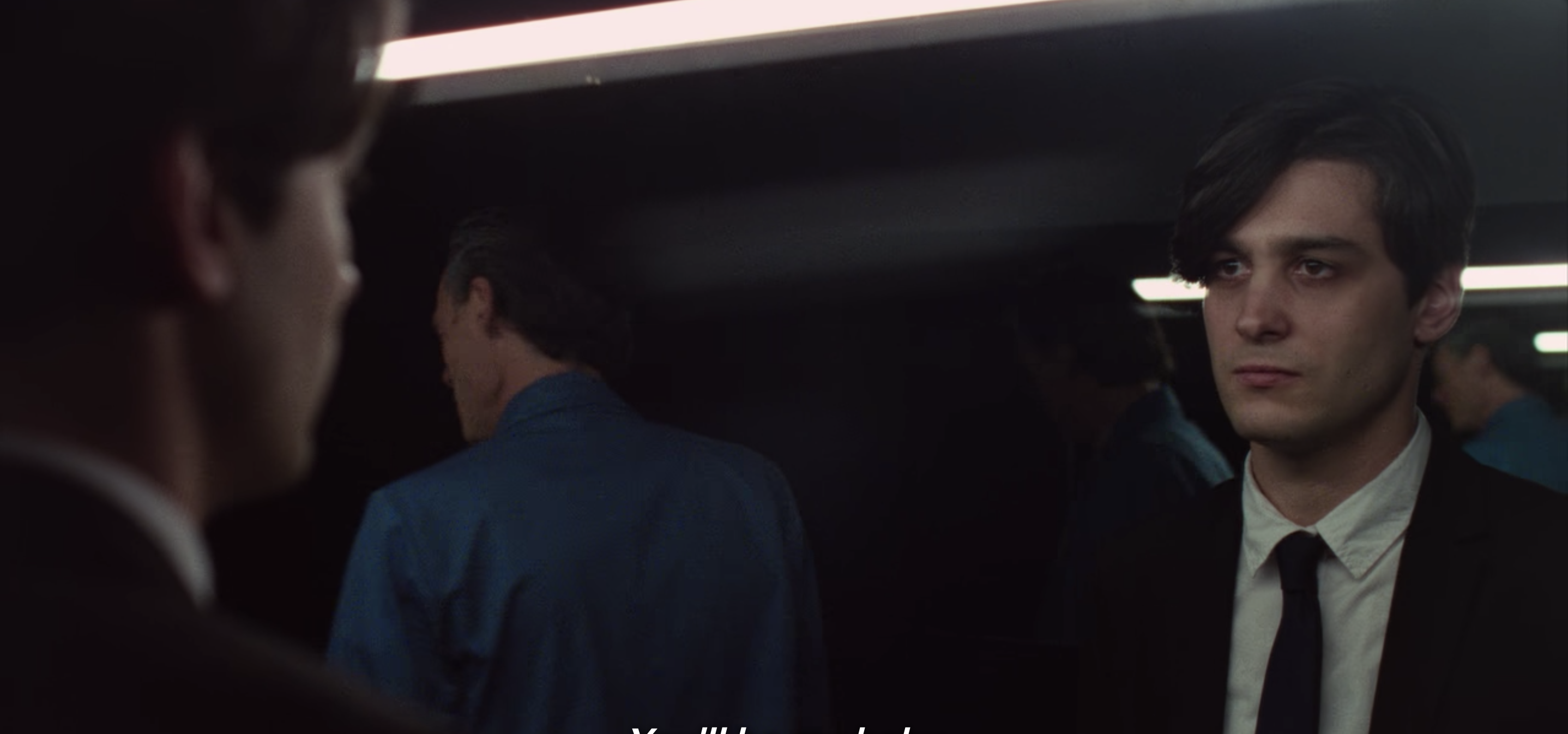
From what I see, Michael and Gordon have been sent to fix a deal with Simon. It is extremely important for their company to secure him, and Gordon’s behaviour dictates that their jobs might depend on it. Michael is supposed to set up a meeting while Gordon is to negotiate the terms to finalise everything. The problem here is that the Chinese guests are punctual. They stick to the schedule and don’t much like detours. But they have to face these problems not only from their chauffeur but also from the man they are supposed to be doing business with.
On the night of their first meeting, Simon doesn’t show up at all, which angers Gordon. Michael tries to calm him down. Next night, they spot Simon’s car and decide to follow it. However, they are stopped by the cops when Boi speeds. For a moment, it feels like the end for their assignment, but Boi rises up to the occasion and helps them find out Simon by locating his driver. Up until now, the Chinese seem like normal businessmen who are dealing with a whimsical client. But then, when Boi contacts the driver, Michael shows up with a gun. If there was any doubt that they work for a dangerous, if not a criminal organization, it vanishes right off in this scene.
Boi, too, realises what precarious position he has gotten himself into. He thought he was helping with business as usual, but Michael and Gordon might as well be a part of some crime syndicate. Still, he decides to not leave things here. He not only helps Gordon track the place that Simon is at the moment, but he also helps him get inside by posing as his translator. Whatever shady deal Gordon wanted to finalise, he does so at the club. However, Simon doesn’t receive their method of tracking him down so well and responds by sending his goons after Michael. He is a dangerous and influential man, practically a crime lord.
Even if he is impressed with the trio that tracked him down, he is not happy with the compromise of his safety. I’m sure the hotel staff would have received a lesson of their own for letting unknown people inside without properly vetting them. They also take care of the source of the Chinese’s information. They kill the driver who is a liability now. If he could leak the information to the Chinese, he could divulge other things to anyone who pays him right. They also torture Michael, though not as harshly. He is scared out of his wits, but nothing that will permanently scar him. They even light Boi’s car on fire to incur some damage on him, just to let him know that they can do more than that. And to our horror, they actually have done something worse. They killed Matilda! Why do always dogs have to die for stupid humans?
Can We Trust You Boi?
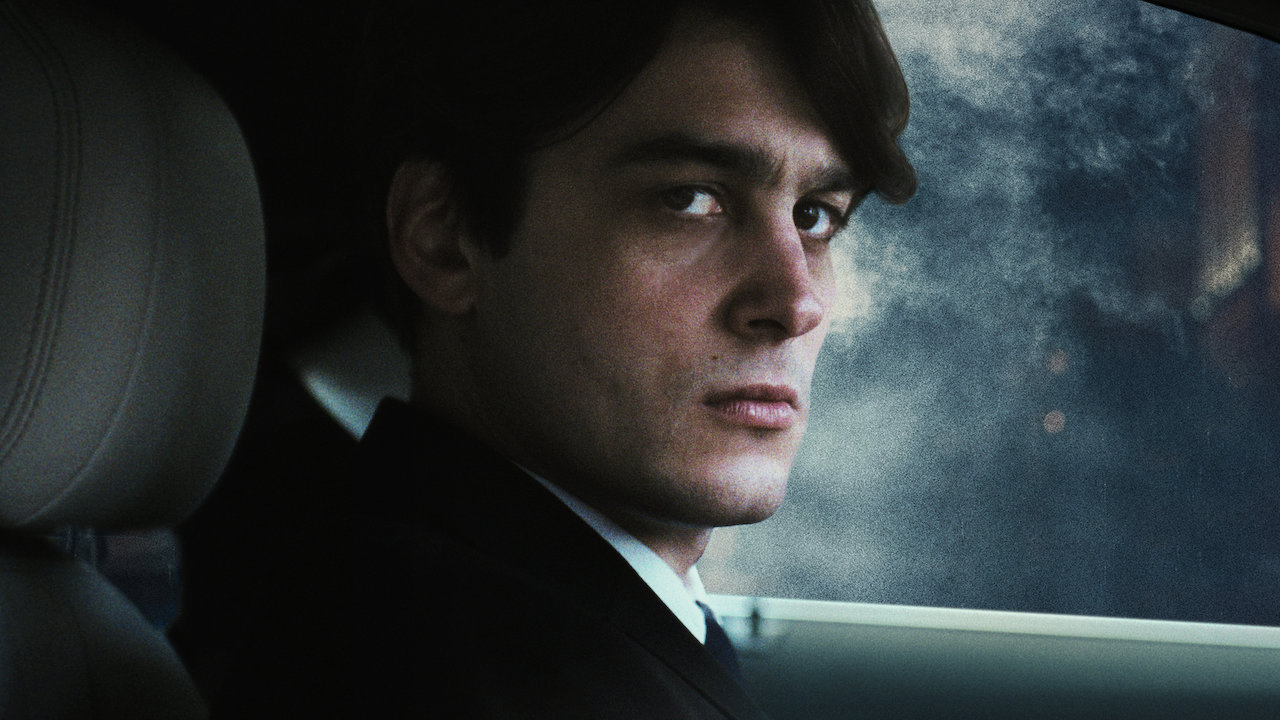
This is Boi’s story. It starts with a difficult point in his life; when he is sad and terrified of the choices he has made recently. We leave him in a happier place, where he has a better sense of what he wants to do in life, how to correct his mistakes and how to take unexpected events in his stride. We can say that ‘Boi’ ends at a happy note. But that’s if we agree to ignore a great number of small things that came his way and were never fully resolved. Even though the narrative structure of the story is pretty straightforward, there are times when we question if Boi is a reliable narrator. Can we depend on his perspective? “Can we trust you, Boi?”
Boi lives in Barcelona, with his aunt. He isn’t there because he can’t fend for himself, it is because she can’t. Looks like, she is suffering from dementia, or something like it, which is why she can’t be left alone. This tells us that he is a responsible person. His dedication and attachment to his aunt also point towards the fact that he might be an orphan. She is the only family he has, and abandoning her is not an option for him. He is also a writer. He has written a novel, and the review from the publisher suggests that his writing style is really good and he has an eye for details. The only thing lacking is a proper direction and motivation of his characters.
This means, he is a well-educated person and is looking for something to keep him going until he becomes a proper writer. He also has a girlfriend, who is three-months pregnant now. When he received the news, he was excited and looked forward to starting a family. But the rejection from the publisher demoralises him and he starts questioning if he is really ready to become a father. His doubt stems from the problem that he has to take care of his aunt and he still doesn’t have a proper job. How is he supposed to raise a family in such an unstable condition? He panics and tells her to get an abortion, which she doesn’t take so well and disappears for a couple of days.
This further agitates him, the effect of which also shows on his first day at the job. His poor impression on the clients further adds to the pressure, and the mention of abortion to Anna still troubles him. The extent of it can be imagined from the nightmare he has about finding a newborn baby, covered in blood and still attached with its foetus, in the backseat of his car. But that’s just stress, right? Everyone goes through such problems, but that doesn’t mean they are all out of their minds. How does it make us question his mental state?
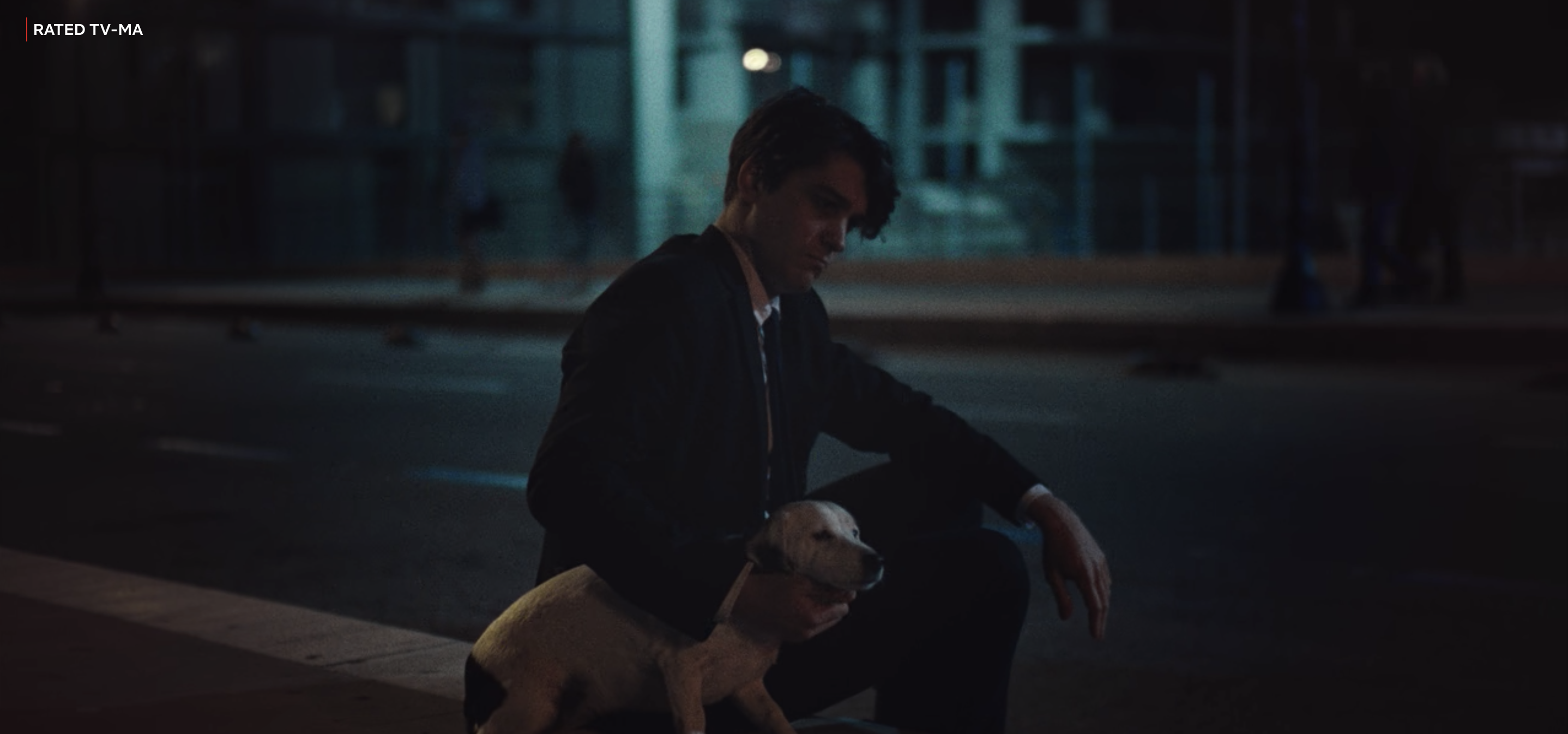
Let’s begin with the scene where Boi reads the rejection letter. The letter mentions that his story, named Reasonable Blood, lacks soul, and he needs to find something extraordinary in the ordinary to make it better. And then, he finds a short man staring at him. Given the circumstance, it seems comical at first. But then, the same man starts showing up everywhere. He is in the club where Gordon meets Simon. He also shows up at the end, by which Boi realises how repetitive his presence has been in the past couple of days. He inquires if he knows the man, to which he replies, “I am just an actor”.
The next day, when Michael doesn’t show up on time, Gordon sends Boi to bring him down. Once inside his room, Boi discovers that Michael has been sick and that there is blood in the bathroom. When Boi tries to leave the room, Michael asks, “Is this a reasonable amount of blood, Boi?” Eerie how the phrase came up so soon. But still, it happens with everyone. You are thinking about something and the ads for that thing start popping up on your phone. But this is strike two for Michael’s sanity. Next, there are the yellow flowers. In the scene where he shares his problems with Mou, we see them wilted and drooping. In the last scene, when Anna comes back to him, they are in full bloom. In another scene, when Boi is alone in the car, indulged in a conversation with self, a biker comes out of nowhere, bangs on his window and drives away. Boi had just been thinking about drama, about creating excitement out of regular things. Is this also a coincidence?
On top of these things, there is another mystery that is never solved in the film. When Mou introduces Boi to his friends, another driver comes up to him and shows him some pictures of a symbol that he has been noticing everywhere. In the last picture that he shows, the symbol has been etched on the steering. What was that all about? Who did that? Is it in any way connected to Simon Albatross? And what about that bathroom scene?
In the club, before going to meet Simon, Gordon tells Boi to keep an eye on a certain man. Boi follows him to the men’s room, but inside, that man is nowhere to be seen. The room itself is dark and feels rather like a void, a gaping hollowness. A man comes out of the stall and he is not the one Boi had followed inside. This is an older man, and he is singing the same song that Boi had been listening to the other day while thinking about Anna. Boi doesn’t react to this man, but he behaves as if he knows him. “It’s you”, he says, “the scribbler…”. This man wasn’t seen before and isn’t seen after. What does it mean then?
One explanation is that Boi is just having a very weird day. The other explanation is that he is losing his mind. Either he is succumbing to the stress of becoming a father and dealing with the rejection letter, or he is making it all up. There is a very good chance that Boi is living the story that he wrote himself. For reference, let’s go back to the review of his novel. It says that the novel has fun moments intertwined with dramatic ones, but the intention is not clear in a muddy intersection of characters. Now think about this line in reference to the whole film. Does it make sense now?
The theory is that Boi is dejected with his current failures. Either he is juggling reality and fiction at the same time, or he has had a complete meltdown where the entire film is happening inside his head. The publisher did praise his eye for describing people and events, his tendency to notice things around him. We see him doing the same thing when he is alone in the car. Then there is the mention of different characters coming together, albeit a bit incongruously. The irresolution of various plotlines and details in the films points towards that.
For example, we never find out why those strange symbols are appearing everywhere? This runs parallel to the comment about Boi’s straying in the narrative and him not being able to bring out the “raison d’etre” of the story. Sometimes, it just feels like an exercise, without any proper direction. The symbol incident is something like that. Moreover, he even tells the guy, “it’s from a novel.” Boi’s novel? We also don’t understand the recurrence of the short man. “I am just an actor.” What is he acting out? A scene from Boi’s story, perhaps? And that man in the bathroom, could it be a shadow of his future self? To be in that club, one would need to be an influential person. Being a successful author should fall into that category. Is that old man the future that Boi aspires?
The Ending
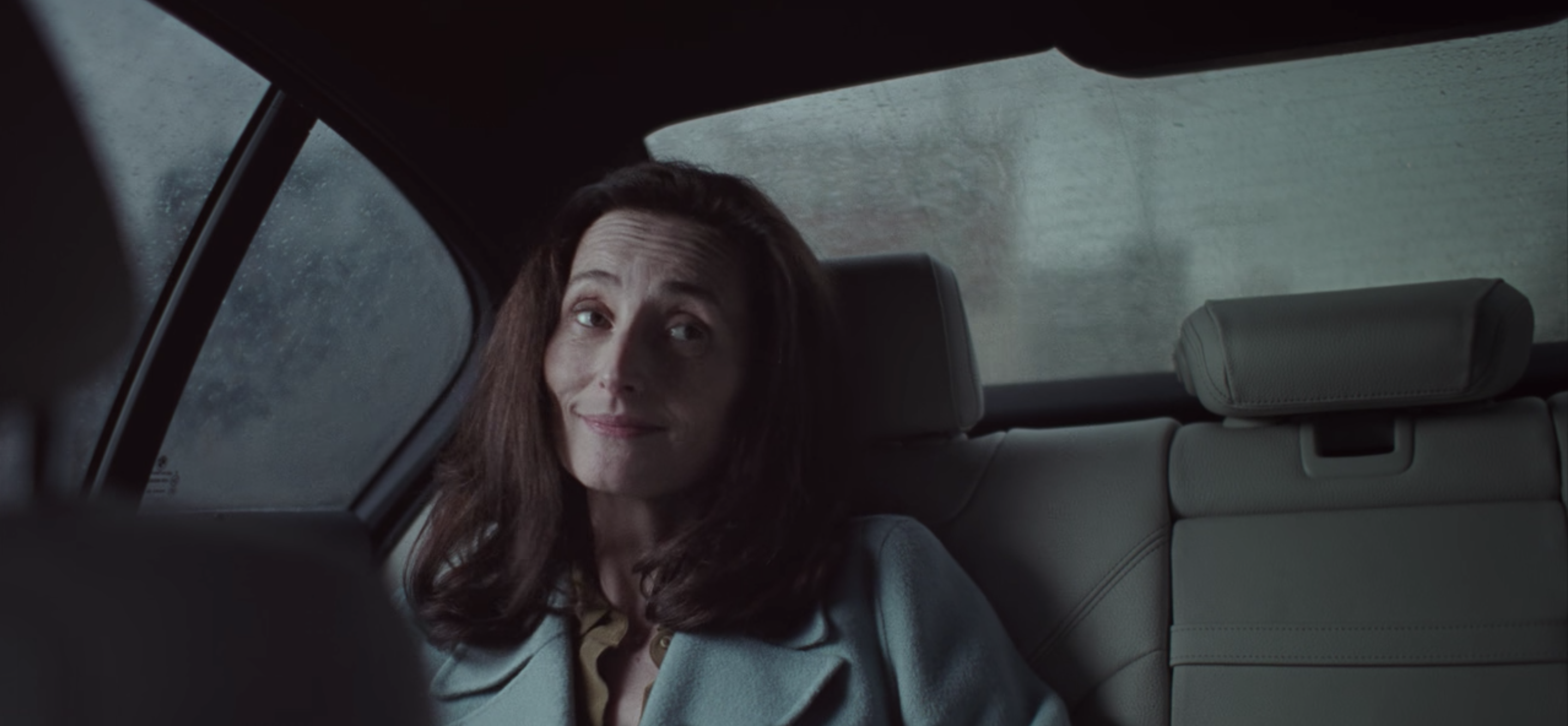
After all is said and done, Michael and Gordon go back to China, and Boi prepares himself to meet a new client. This time, it is a French woman. While driving her to the hotel, Boi asks about her occupation and she tells him that she is responsible for the design of the T-hotel. It is the same that Michael had asked him about. She shares her inspiration behind it and Boi discovers that Michael was right about it, although he had been thinking along completely different lines. As he drives away with a smile on his face, which tells us that he has found a stable point in his life and things will only get better, we see the parrot sitting on the top of the car. The same parrot that had been in the club, the one that sat on his shoulder that night.
“There are many paths to an ending. It is nothing other than the eternal rebirth of the explorer, with the parrot at his side,” says the woman, before taking away the bird.
There are two ways in which we can construe its meaning. One is that Boi’s new life has just begun, and every interaction with a new client opens up the possibility of a new story for him. He is an explorer now, and every new job is him starting over to chase a new story. Or, the presence of the parrot points towards just another detail materialising from the bizarre story that Boi wrote. Or, it could simply mean that he got a new pet!
Will There Be A Boi Sequel?
‘Boi’ certainly leaves things open in the end, which means there is really a good scope for the story to move forward. But then, just because the climax of the film is open-ended doesn’t automatically mean that we will get to see a sequel. A lot will depend on viewership numbers, which of course, we will never exactly know. So, at this point, we can only wait for an official announcement. Though, if I had to take an educated guess, I am leaning towards the film ultimately not getting a sequel.
Read More in Explainers: Secret Obsession | I am Mother

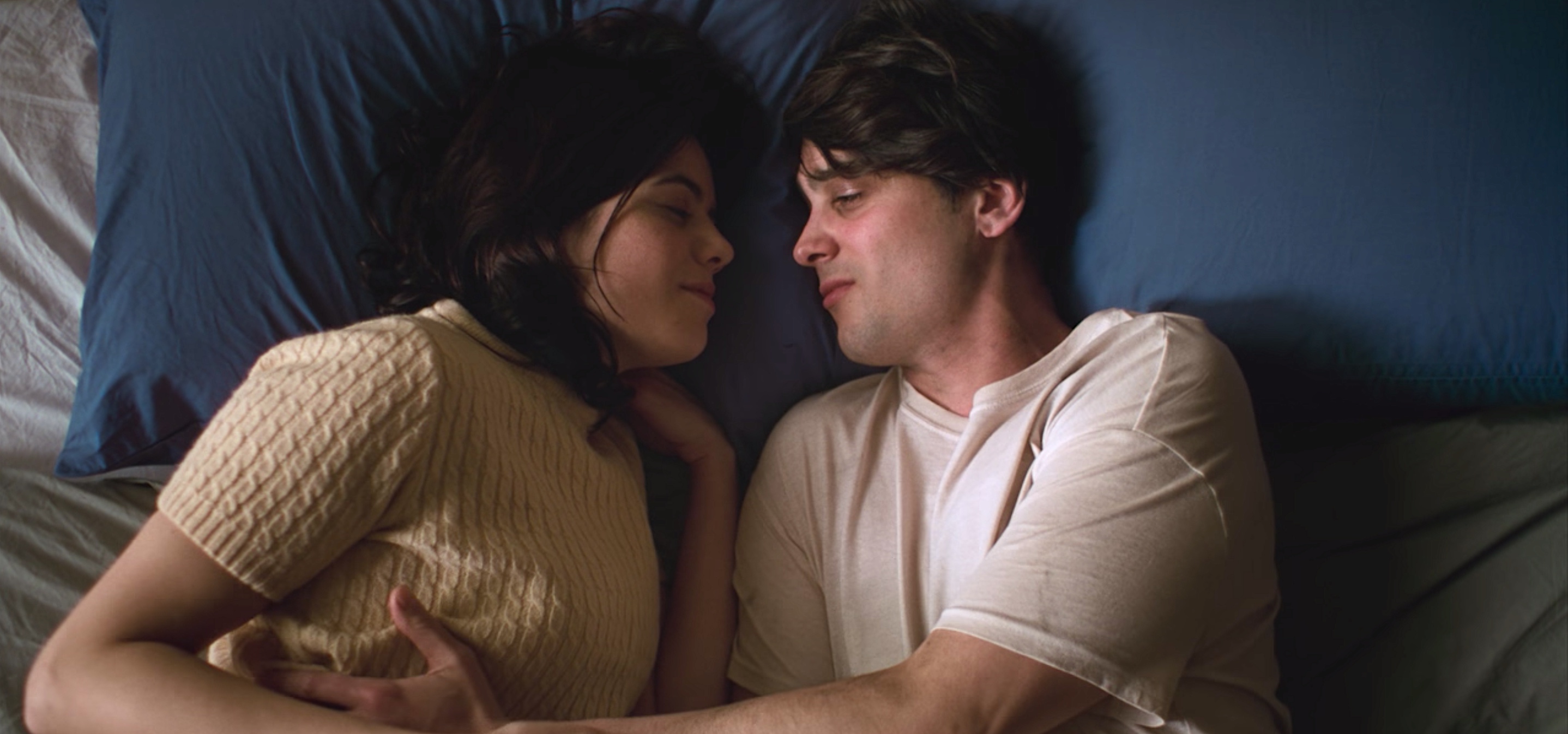
You must be logged in to post a comment.